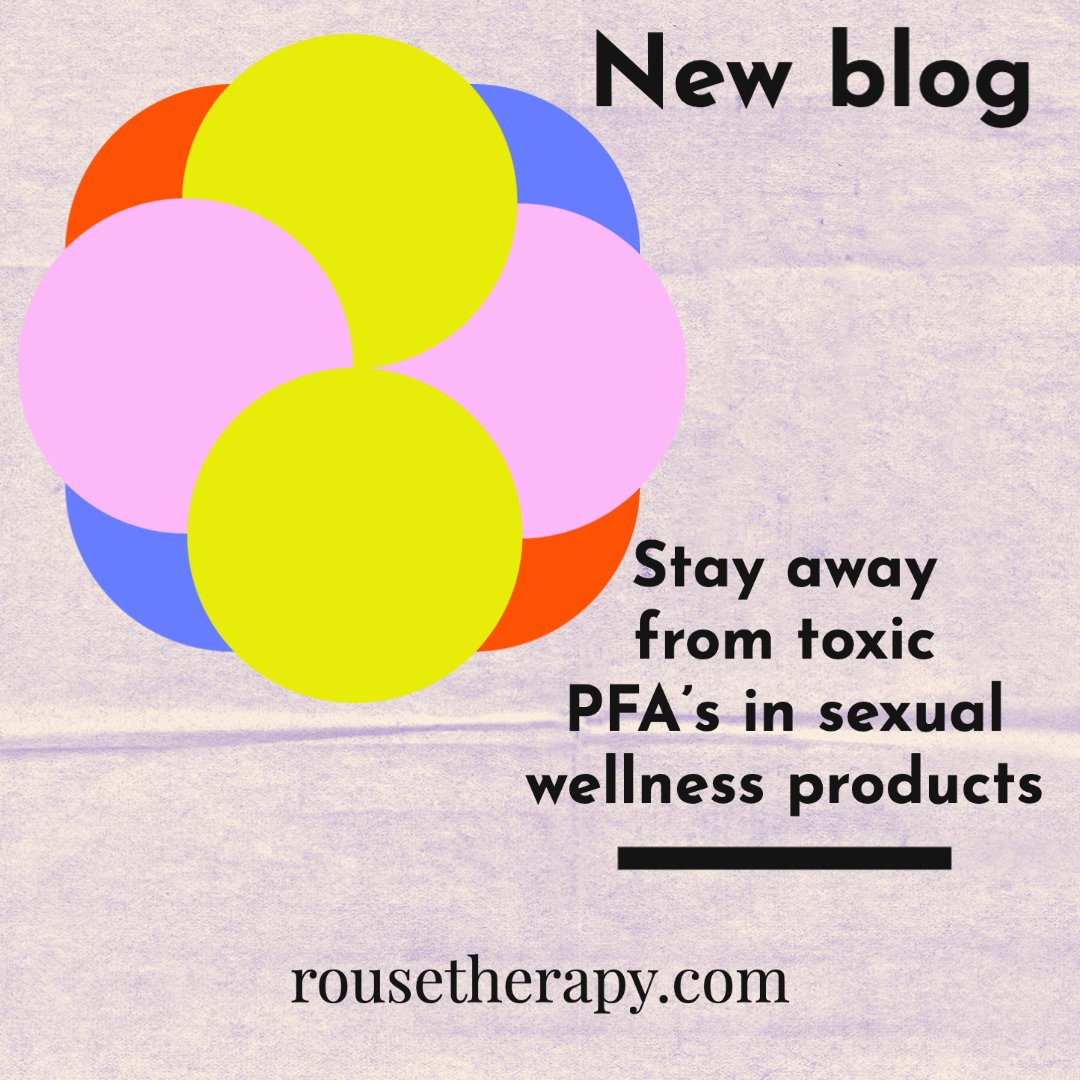
Cervical Cancer Awareness Month: Promoting Prevention and Early Detection
January marks a significant time for the health of women and AFAB folks — it is Cervical Cancer Awareness Month. This month is a dedicated period to amplify the message about the importance of preventing and detecting cervical cancer early, a disease that affects many but is often preventable. Today, we'll delve into cervical cancer, why prevention is crucial, how early detection saves lives, ways to spread awareness, and the channels available to support those affected.
What is Cervical Cancer?
Cervical cancer arises in the cells of the cervix, which connects the uterus and vagina. It's primarily caused by persistent infection with high-risk human papillomavirus (HPV) types. The World Health Organization states that cervical cancer is the fourth most common cancer among women globally, with an estimated 604,000 new cases and 342,000 deaths in 2020 alone.

Top Black Sexual Wellness Leaders You Should Follow
In recent years, the conversation around sexual wellness has become much more open, honest, and normalized. We owe that in no small part to the following incredible black leaders dedicated to making this complex topic more accessible. Here is a list of five influential sexual wellness leaders you should know about and what they have contributed to the field.
Marla Renee Stewart: Marla Renee Stewart advocates for sexual health and wellness. She is the founder of Velvet Lips, a sex-positive workshop facilitator and coach. Marla Renee also produces workshops that focus on consent and communication between couples. Her work has been featured in publications such as The Guardian and New York Magazine.
Over the last eight years, Marla Renee has co-led the Sex Down South Conference, which offers a sex-positive space for people from all walks of life to get together, explore, connect, and share knowledge and skills.

Steer Clear of Toxic PFAs in Your Reproductive and Sexual Wellness Products
The recent settlement from Thinx underwear regarding their use of toxic PFAs has been a major wake-up call for reproductive and sexual wellness products. We all want to ensure that the products we use are safe, but it can be difficult to determine which materials are safe and which should be avoided. In this blog, we’ll dive into what exactly PFAs are and why they should be avoided when shopping for reproductive and sexual wellness products.
What Are PFAs?
PFAs stands for “per-fluoroalkyl substances.” This family of chemicals includes PFOA (perfluorooctanoic acid) and PFOS (perfluorooctane sulfonate). These particular chemicals have been used in many different types of products, including food packaging materials, clothing, furniture, and even non-stick cookware. Unfortunately, they can also be found in certain reproductive and sexual wellness products and have been linked to health risks such as cancer and hormone disruption.
